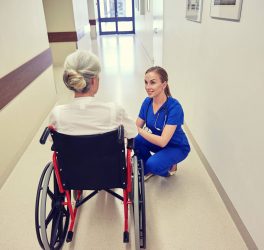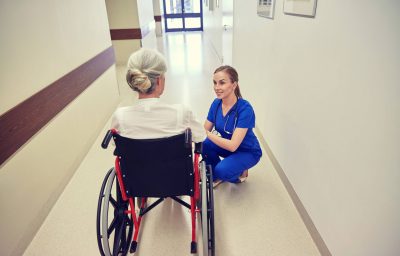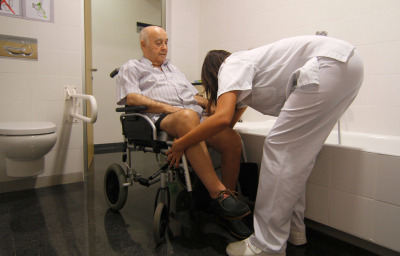
A recent study conducted at the University of Florida has found that the amino acid glycine could potentially be used as a treatment for depression.
The study, published in the Journal Science, improves understanding of the biological causes of major depression and could accelerate efforts to develop new, faster-acting medications for such hard-to-treat mood disorders, said neuroscientist Kirill Martemyanov, Ph.D., corresponding author of the study.
“There are limited medications for people with depression,” said Martemyanov, who chairs the neuroscience department at the institute. “Most of them take weeks before they kick in, if they do at all. New and better options are really needed.”
Major depression is among the world’s most urgent health needs. Its numbers have surged in recent years, especially among young adults. As depression’s disability, suicide numbers and medical expenses have climbed, a study by the U.S. Centers for Disease Control and Prevention in 2021 put its economic burden at $326 billion annually in the United States.
Martemyanov said he and his team of students and postdoctoral researchers have spent many years working toward this discovery. They didn’t set out to find a cause, much less a possible treatment route for depression. Instead, they asked a basic question: How do sensors on brain cells receive and transmit signals into the cells? Therein lay the key to understanding vision, pain, memory, behavior and possibly much more, Martemyanov suspected.
“It’s amazing how basic science goes. Fifteen years ago we discovered a binding partner for proteins we were interested in, which led us to this new receptor,” Martemyanov said. “We’ve been unspooling this for all this time.”








